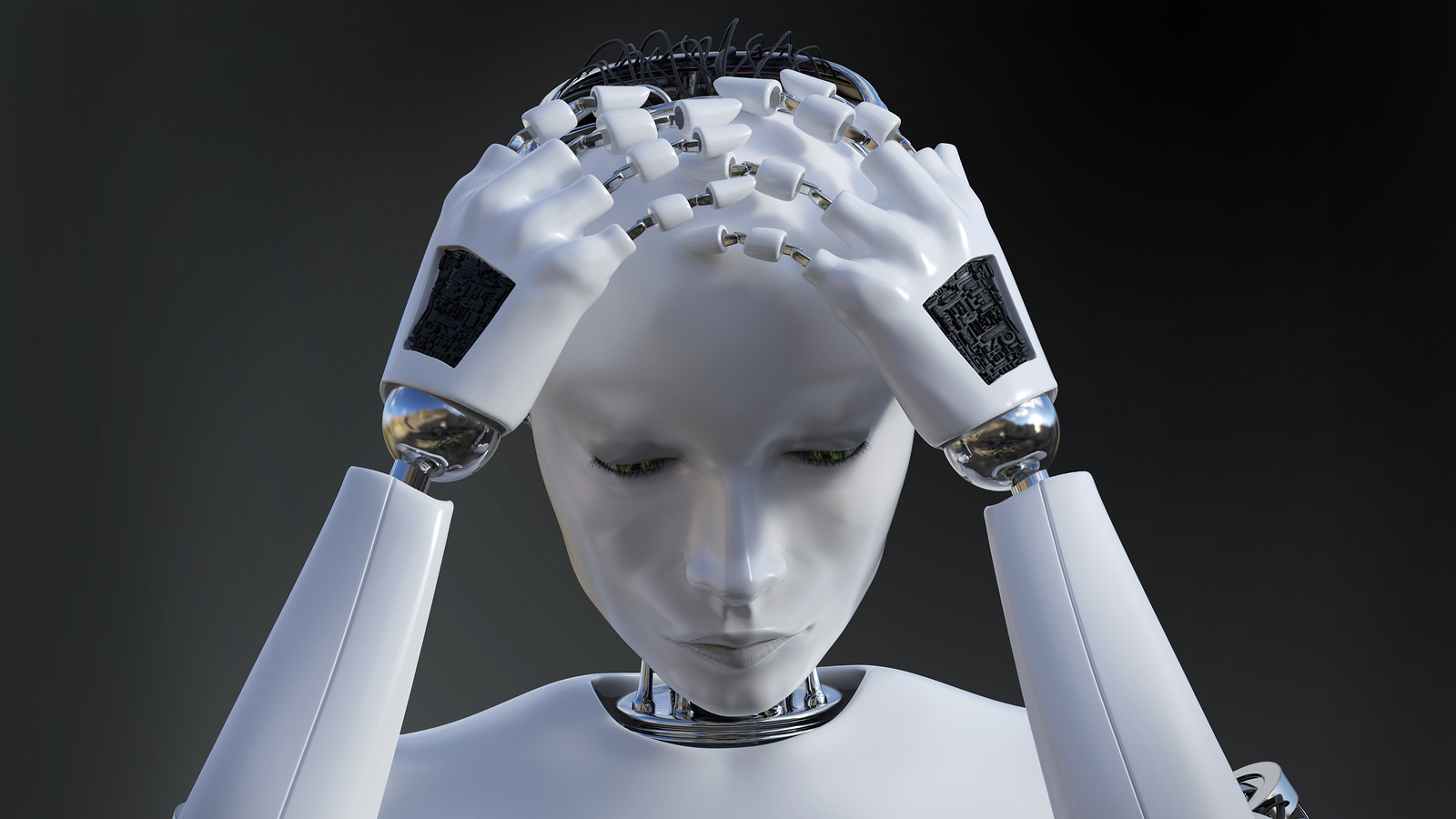PWC predicts a third of jobs could be lost to automation
A report from the firm highlights that there will be three “waves” of automation between now and the mid-2030s

A report from accounting firm PricewaterhouseCoopers (PwC) has predicted there will be three different waves of automation between now and the mid-2030s, each associated with growing levels of job losses - and we're in the first one now.
In the first - an "algorithm" wave that will last until the early 2020s - we can expect to 2-3% of jobs affected by automation, it claims. By the second, "augmentation" wave, which lasts until the late 2020s, this figure rises steeply to 20%, and the number of jobs impacted by the third wave, "autonomy", could be as high as 30%.
PwC's findings are based on the analysis of the jobs of more than 200,000 workers in 29 countries, including more than 5,500 workers in the UK.
The percentage of jobs impacted in the first wave might be relatively low, but PwC claims the financial services sector could be hit quite hard, at around 6-8%.
"The algorithm wave is already well underway and involves automating structured data analysis and simple digital tasks, such as credit scoring, a news post on PwC's website explains.
The report also highlights that women will be hit hardest during this wave because of "their higher representation in clerical tasks in the more affected sectors".
The second wave, augmentation, is based on "automation of repeatable tasks and exchanging information, as well as further developments of aerial drones, robots in warehouses and semi-autonomous vehicles".
Get the ITPro daily newsletter
Sign up today and you will receive a free copy of our Future Focus 2025 report - the leading guidance on AI, cybersecurity and other IT challenges as per 700+ senior executives
In this wave, as many as 20% of jobs "from all sectors" could be affected, but the financial services sector is still expected to be hit harder than most. Women are still slightly more vulnerable during this phase, as are those without graduate-level qualifications.
Finally, in the automation wave, which will last until the mid-2030s, PwC predicts that "AI will be able to analyse data from multiple sources, make decisions and take physical actions with little or no human input." By this point, autonomous robots and driverless vehicles will be commonplace, and as many as 30% of jobs will be impacted. At this point, men become more vulnerable than women for the first time, because of their higher representation in manual jobs.
It's not all doom and gloom, though, because PwC also predicts that all this extra automation will boost "productivity, income and wealth". When this additional wealth is invested, there will be enough new jobs in non-automatable sectors to broadly make up for job losses caused by automation, it claims.
Euan Cameron, UK Artificial Intelligence leader at PwC, said:
"Our research shows that the impact from automation and AI will be felt in waves, with more routine and data tasks hit first...AI technology is getting more sophisticated every day and businesses need to understand how, where and when their people are likely to be affected in the future. Those that understand the risks and opportunities can start upskilling their people and adapting their businesses, rather than simply reacting when it's too late."
-
 Cleo attack victim list grows as Hertz confirms customer data stolen
Cleo attack victim list grows as Hertz confirms customer data stolenNews Hertz has confirmed it suffered a data breach as a result of the Cleo zero-day vulnerability in late 2024, with the car rental giant warning that customer data was stolen.
By Ross Kelly
-
 Lateral moves in tech: Why leaders should support employee mobility
Lateral moves in tech: Why leaders should support employee mobilityIn-depth Encouraging staff to switch roles can have long-term benefits for skills in the tech sector
By Keri Allan